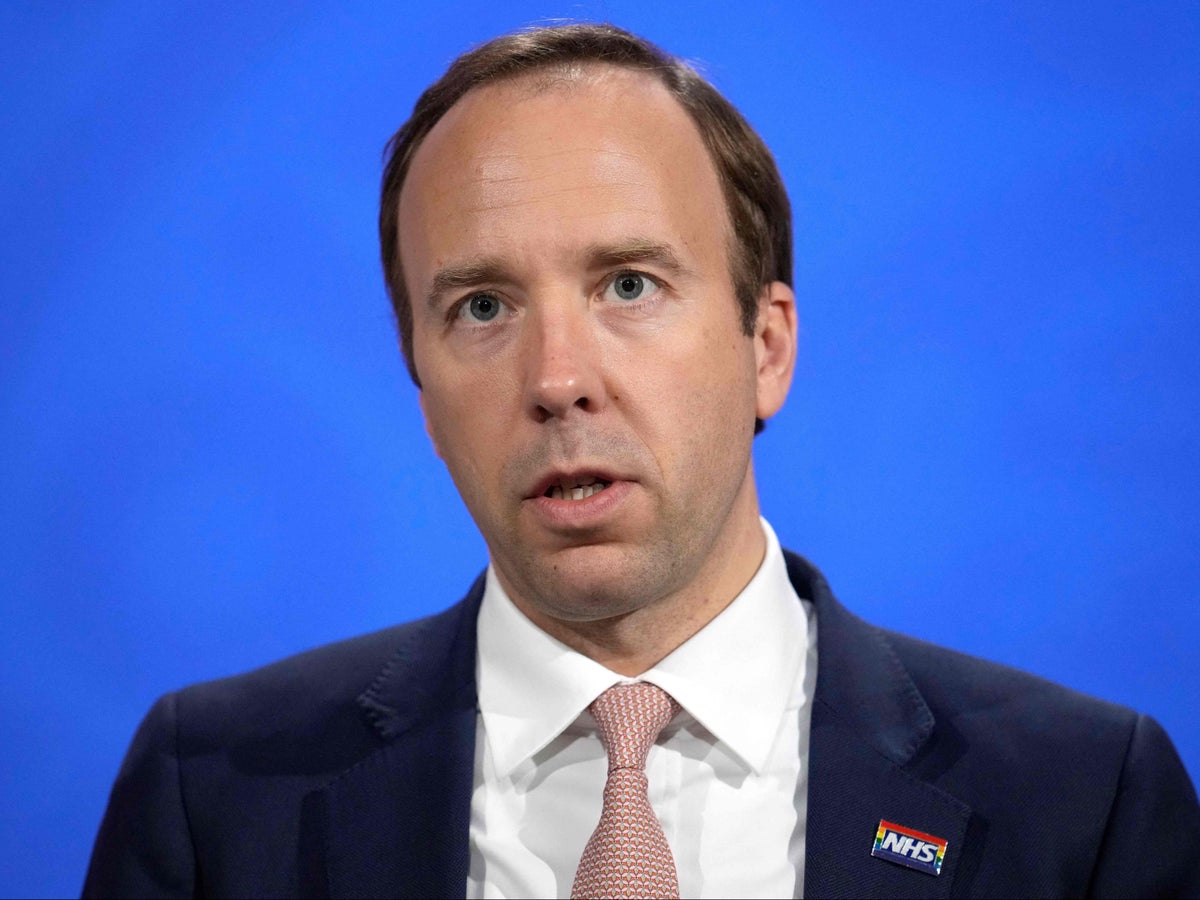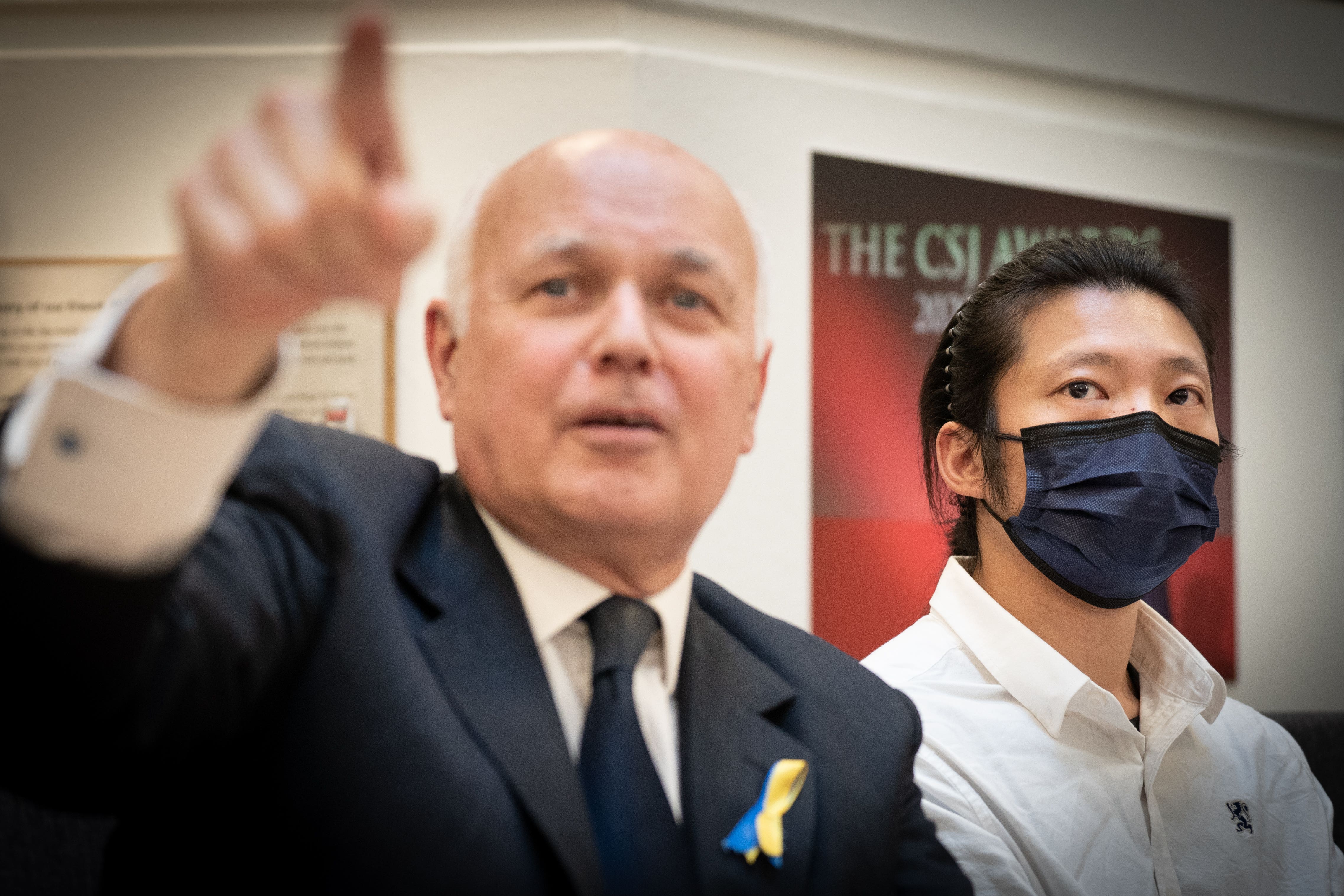
The Chinese CCTV cameras which caught Matt Hancock’s kiss with an aide will be banned from government buildings after Rishi Sunak’s government made concessions to rebel Tory MPs.
The government is changing its procurement bill so companies subject to China’s National Security Law will be stopped from winning public contracts in the UK.
The Cabinet Office will also create a special unit setting out a timeline to remove the relevant Chinese cameras from “sensitive central government sites”.
The climbdown followed meetings between ministers and leading Tory China hawks Sir Iain Duncan Smith and Alicia Kearns – who warned Beijing’s security law means the Chinese authorities can demand to CCTV material.
Mr Hancock, the former health secretary, is understood to have been captured kissing his aide Gina Coladangelo inside his department on Hikvision-made CCTV cameras in May 2021.
The scandal over Mr Hancock’s embrace with Ms Coladangelo at work during the Covid pandemic sparked his eventual resignation, apologising for breaking the guidance in place at the time.
An inquiry by Information Commissioner’s Office into the camera footage being leaked to the press was closed without ang charges. The body said there was “insufficient evidence” to prosecute.
Leaked images were most likely obtained by someone recording the CCTV footage screens with a mobile phone, said the regulator.
There is no suggestion that Hikvision was involved the footage of Mr Hancock and Ms Coladangelo being leaked. Hikvision has said it is “categorically false” to present the company as any kind of security threat to the UK.

Senior MPs had raised concerns that the National Security Law passed by the Chinese government in 2021 can ask companies to hand over material to state intelligence agencies.
Mr Duncan-Smith told Politico he would not yet withdraw his amendment to the Procurement Bill, hoping to push the government into making sure cameras are removed from all government buildings.
“The government has moved, they’ve toughened up their bill to a degree,” he said. “But they leave a tail wagging behind them with the definition of ‘sensitive.’ In truth all government sites are sensitive.”
Mr Kearns, chair of the foreign affairs committee, said she was “delighted the government has listened” and will pull her own amendment.
She added: “From local councils to power plants, and security bodies such as GCHQ, we must make sure hostile states cannot embed state-subsidised hostile technologies into our lives.”
It comes as Tory security minister Tom Tugendhat said China had closed reported secret “police stations” at sites across the UK – allegedly used to monitor Chinese citizens overseas.
Police have investigated claims that these police stations were operating at three sites in Britain and have not identified any evidence of illegal activity, said Mr Tugendhat.
The security minister said the Chinese embassy had been told that “any functions related to such ‘police service stations’ … must not operate in any form.”
Mr Tugendhat added: “The Chinese Embassy have subsequently responded that all such stations have closed permanently. Any further allegations will be swiftly investigated in line with UK law.”
China has previously denied using overseas police stations.







